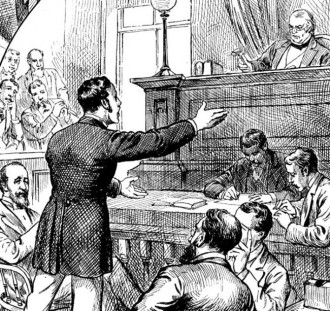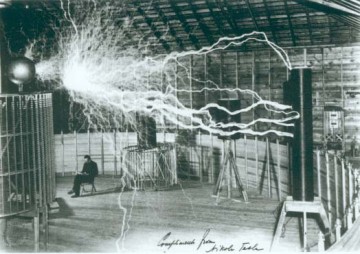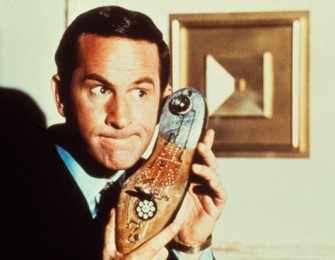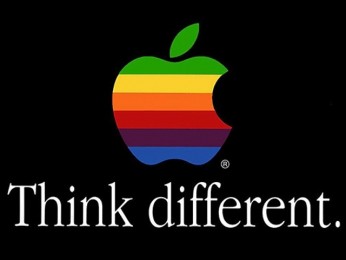 The US National Association of Manufacturers (NAM) has written to congressional and Federal Communications Commission leaders to oppose stricter regulations for Internet service providers.
The US National Association of Manufacturers (NAM) has written to congressional and Federal Communications Commission leaders to oppose stricter regulations for Internet service providers.
The FCC is hatching out new plans that would dictate internet service providers’ freedom to manage web traffic on their networks, aiming to ensure that ISPs do not discriminate against any content in ways that could harm competition or consumers.
President Barack Obama wants the FCC to have the strictest rules possible to protect net neutrality. He suggested a legal pathway that would reclassify internet service so it is regulated like a utility.
Needless to say the telecom and cable companies think this will stop them from charging their consumers twice for the same service and they say this will be a bad idea.
NAM wrote that current proposals to regulate the Internet with early 20th Century–era laws severely threaten continued growth. It urged everyone to oppose any efforts to regulate the open Internet.
Though business groups NAM and the U.S. Chamber of Commerce have both previously submitted comments to the FCC opposing utility-style Internet regulations.
Verizon and AT&T are among 14,000 members of the manufacturers’ association, so we guess we can see where the outfit is coming from.
“The internet and technology is a critical tool for manufacturers to grow their business,” NAM Technology Policy President Brian Raymond said in an interview. “(Our members) get concerned if the government is going to slow down their business in any way and they see this as one of those ways.”
Raymond pointed out that AT&T’s recent tactic of threatening to pause investments in new high-speed internet connections unless it gets is way is proof that an enforced open internet was a bad idea. Of course you could also argue that AT&T is just trying to scare the FCC into doing what it is told and it will lose a lose a lot of money in the long term if it does not move to high-speed internet connections.
“Whenever there’s a pause in investment by any kind of company due to regulatory uncertainty, it’s going to have a trickle-down effect on the whole manufacturing community,” Raymond said.



















